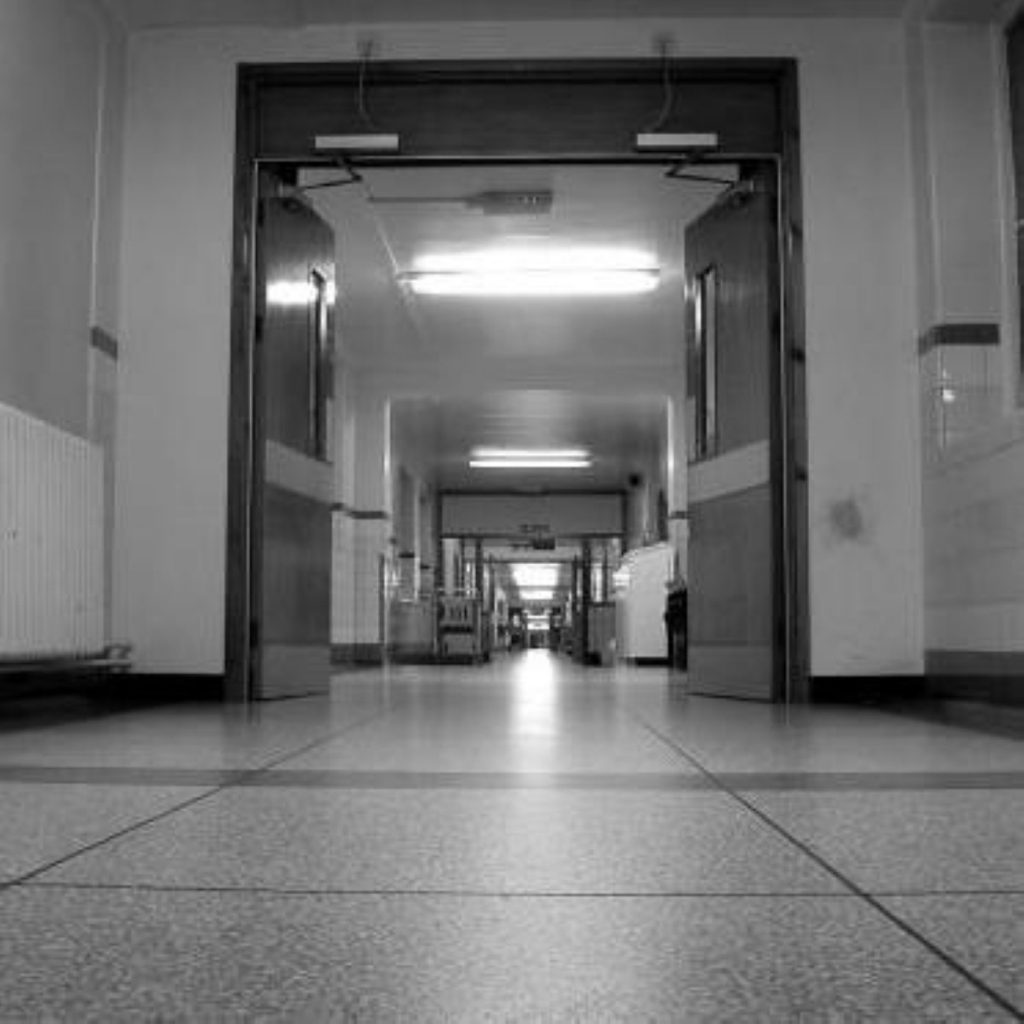Union blames cleaning cuts for MRSA increase
A 50 per cent reduction in the number of hospital cleaning staff has fuelled the sharp rise in hospital-acquired infections, a leading union claims.
Unison says that in 1984 there were more than 100,000 hospital cleaners, but that by 2004, the number had dropped to 55,000.
The public service union is calling for Health Secretary, John Reid to urgently review the number of cleaners needed to help tackle superbugs such as MRSA,.
Unison says that contracting out cleaning jobs has led to poor training, low retention levels and dirty hospitals and is pressing ministers to bring all cleaning services back under direct NHS control.


The union’s general secretary, Dave Prentis, who himself contracted MRSA, told the Observer that the existence of dirty wards was unacceptable.
“It is wrong that people have to recover from operations in these conditions, that visitors have to come into them and staff have to work in them,” he said.
“You wouldn’t tolerate these levels of dirt at home, so why do we allow them in hospitals?”
Patient groups have expressed concern at the decline in hospital cleaners, but a spokesman for the Health Secretary stressed that the size of the NHS estate had shrunk by 20 per cent in the last two decades, claiming that there was therefore less space to clean.
The British Medical Association also expressed concern at the drop, but England’s chief nursing officer Chris Beasley told BBC News that it was too simplistic to suggest NHS cleaners were good and private cleaners bad.
“There’s no doubt about it, in the 1980s and 1990s, the process both for contracted-out cleaners and indeed for in-house cleaners, there was a real push on just the cost and not the quality,” she said.
“Now, there’s really good examples of cleaning from contracted-out firms as well as in-house.”

